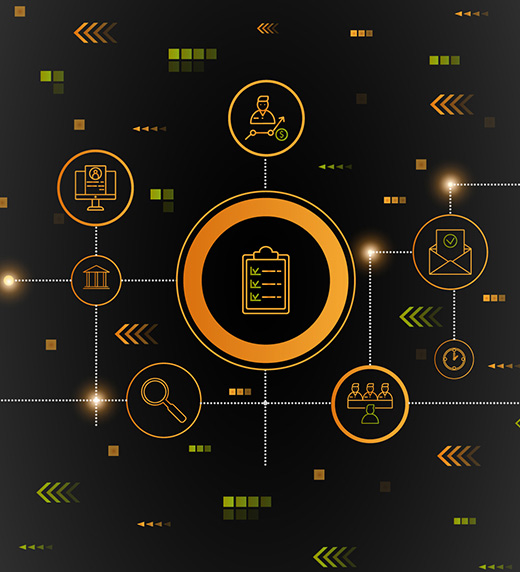Industry Expertise
Do What You Do Best – and Offload the Rest
Your company has unique needs that require strategic, custom solutions. Collaborating with a trusted partner that truly understands the fintech industry and offers a deep bench of expertise can help bring order to the chaos and allow you to close financial gaps, stay agile and focus on what matters most: your service offering.




